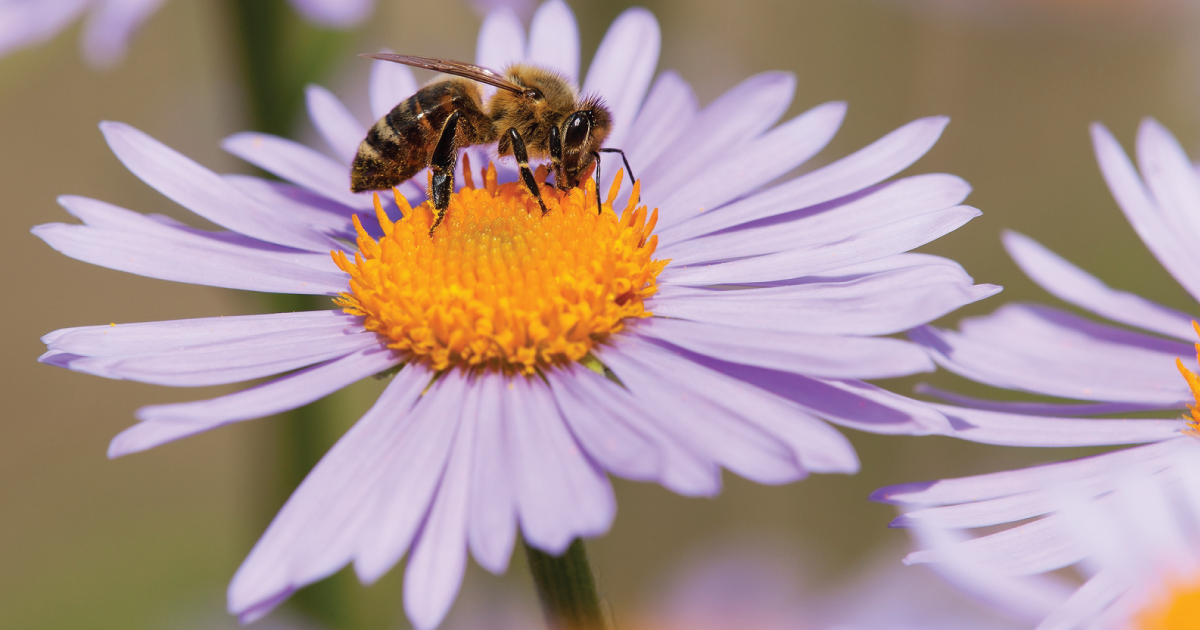
Contaminated Wildflower Nectar and Pollen Puts Bees and Humans at Risk – New Irish Study Slams Pre-harvest Glyphosate Use
Bees are likely to be at high risk from exposure to glyphosate, the most widely used weedkiller in the world, via contaminated wildflower nectar and pollen after pre-harvest spraying (desiccation), according to new research from Trinity College Dublin and Dublin City University scientists in Ireland.
January 4, 2023 | Source: Sustainable Pulse | by
Bees are likely to be at high risk from exposure to glyphosate, the most widely used weedkiller in the world, via contaminated wildflower nectar and pollen after pre-harvest spraying (desiccation), according to new research from Trinity College Dublin and Dublin City University scientists in Ireland.
Glyphosate is the most frequently used weedkiller within the European Union and is also very common in other parts of the world. The residues the Irish scientists found in nectar in this study exceeded the European maximum permitted levels of glyphosate in honey and honey bee products, which suggests they could be harmful to honeybees and those eating the honey.
Residues of glyphosate have previously been found in nectar and pollen collected by bees foraging on plants that have been selectively targeted with weedkiller, but this is the first time it has been reported in unsprayed wildflowers growing near sprayed fields.
